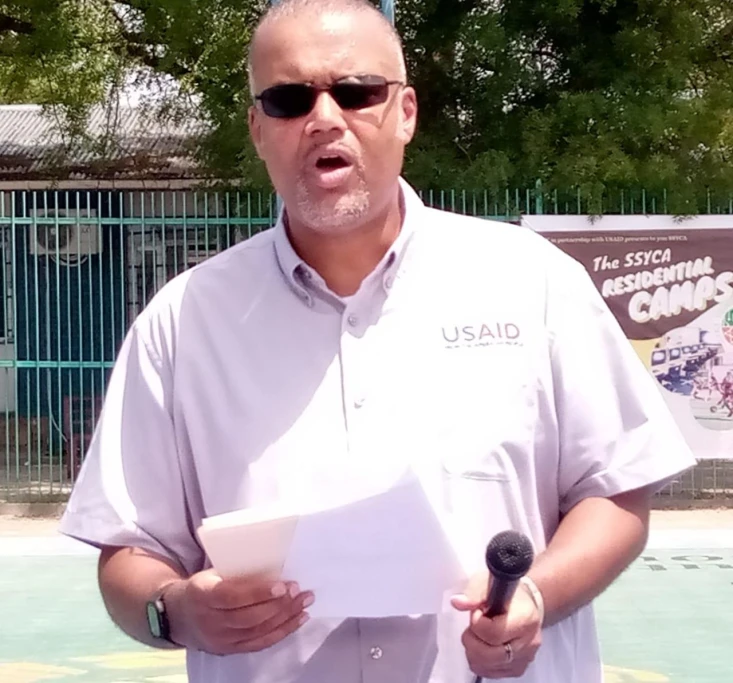
The U.S. Agency for International Development (USAID) has announced plans to support young people in acquiring knowledge, skills, and competencies that will help them to lead healthy, engaged, and productive lives in South Sudan.
The project funded by the U.S. government will be implemented in 13 counties of Kapoeta North and Budi counties in Eastern Equatoria State.
Other areas include; Akobo, Duk, Pibor, and Uror counties in Jonglei State; Leer, Mayendit, and Panyijar counties in Unity State; Baliet and Ulang counties in Upper Nile State; and Jur River and Wau counties in Western Bahr-el Ghazal State.
In a press statement, USAID underscored that half of South Sudan’s population is under the age of 18, and over 72 percent are under the age of 30.
It mentioned that despite making up such a significant portion of the population, youth in South Sudan are among the most marginalized, underserved, and untapped segments of the population.
The statement notes these youth are affected by many challenges – ranging from limited access to basic social services, such as education and health, to widespread unemployment and limited opportunities to engage in productive livelihoods.
More than 2.2 million children and youth were out of school in South Sudan in 2018, according to UNESCO. Further studies have shown that young people who have no possibility to attend school or acquire skills to earn a living or lead productive lives are a latent force for instability.
“Limited access to education and livelihood skills and scarce employment opportunities mean that out-of-school youth become more vulnerable to negative coping methods such as substance abuse and crime, and mental health challenges,” the statement reads.
These at-risk youth find themselves unable to positively engage and participate in the development of their communities, it added.
With the new Integrated Youth Engagement Activity, USAID Mission Director in South Sudan announced that young people will gain knowledge and apply skills they need to lead productive lives and contribute positively to their communities.
“This planned activity will provide a unique opportunity for youth in South Sudan’s most marginalized and conflict-affected areas to access services that will provide multiple benefits including functional literacy, numeracy, soft and life skills, including social and emotional skills, and access to entrepreneurial and vocational opportunities,” Haven Cruz-Hubbard underscored.
The new activity will also support behavior change among the youth to make positive adolescent reproductive health choices, adopt equitable gender norms, and engage in activities to build social cohesion among youth and their communities.